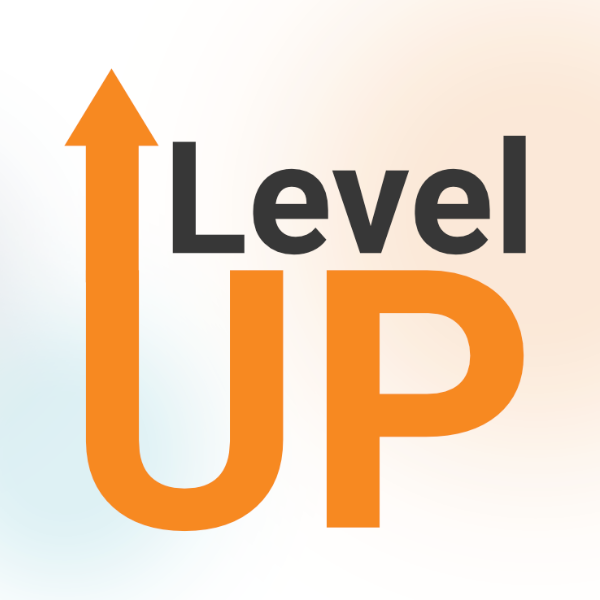- Resume
- Asiyah Sakr.Resume.pdf
- Portals
-
-
 Vancouver, British Columbia, Canada
Vancouver, British Columbia, Canada
-
Skills
Achievements
Latest feedback
Recent projects
Work experience
Software Developer & Full-Stack Intern
Coding In Color (Foundation for A Path Forward & Government of Canada
Vancouver, British Columbia, Canada
September 2023 - March 2024
• Developed full-stack web applications using React.js, Node.js, and Python, improving system efficiency.
• Designed and implemented RESTful APIs and database solutions, optimizing data retrieval speed by 30%.
• Applied Agile methodologies and participated in sprint planning to deliver projects ahead of schedule.
Education
Bachelor Of Business Adminastration, Accounting
Ambrose University
May 2024 - June 2028
Information Technology, Software Development
SAIT
September 2020 - June 2024
Personal projects
Blogging using Notion to show how to build your own Python Backend Web Development with Django
February 2024 - April 2024
https://www.notion.so/Python-Backend-Web-Development-with-Django-e46aa82c02874084af8d960993c27071?pvs=4Launching a comprehensive blog series on Notion that teaches aspiring developers how to build their own Python backend with Django from scratch. This series will break down key concepts, best practices, and hands-on tutorials, empowering readers to understand backend development and apply their skills to real-world projects.
Here is two links: https://www.notion.so/Python-Backend-Web-Development-with-Django-e46aa82c02874084af8d960993c27071?pvs=4
https://www.notion.so/Backend-Web-Development-with-Django-Part-2-f803a33b4b1c48bf8d4befe02df18719?pvs=4
Explore ED
June 2020 - August 2020
Explore Ed: A Career Exploration Web Application (Pre-AI Era)
Overview:
Explore Ed was a web application designed before the rise of artificial intelligence-driven career tools. It provided high school students with structured guidance on choosing university programs, finding volunteer opportunities, and securing internships—all without relying on AI or machine learning. Instead, the platform used rule-based recommendations, structured databases, and user input forms to connect students with relevant academic and career paths.
At its core, Explore Ed was about helping students make informed decisions before committing to a university program by allowing them to gain real-world experience in their chosen field.
Key Features
Interest & Career Matching (Rule-Based)
A structured career-matching questionnaire guided students toward university programs based on their interests and strengths.
Unlike AI-powered systems today, this was a predefined rule-based system rather than dynamically generated suggestions.
University & Program Explorer
A manually curated database of university programs categorized by subject, requirements, and career paths.
Students could filter and search for programs aligned with their interests.
Volunteering & Internship Directory
A manually collected list of local and national internships and volunteering opportunities for students to gain hands-on experience.
This was updated regularly by administrators rather than being scraped from the web automatically.
Mentorship & Peer Guidance
A forum where students could connect with university students or professionals in their desired fields.
Since AI chatbots didn’t exist, the advice was entirely human-driven, relying on real conversations and personal guidance.
Application & Resume Builder
Students could input their experiences to generate structured resumes and cover letters using templates rather than AI-assisted writing.
The platform provided manual guides and tips for writing strong applications.
Progress Tracking & Career Roadmap
Students could track their exploration journey, checking off completed activities like internships, volunteering, and mentorship meetings.
The roadmap was static and manually updated instead of dynamically adjusting based on student behavior.
Impact & Achievements :
1st Place Winner in IBM’s STEM for Girls Competition (2020) for its structured and practical approach to career exploration.
Helped hundreds of students find internships and volunteering opportunities before applying to university.
Provided a manual yet effective alternative to today’s AI-driven career platforms.
Allowed students to test career paths in real life rather than relying on theoretical information.
Challenges & Limitations :
Static Recommendations: The platform could not dynamically adapt to a student’s changing interests like modern AI systems.
Manual Data Entry: Unlike AI scraping and automation today, updating opportunities and resources required human intervention.
Limited Personalization: While useful, the career matching relied on predefined categories rather than adaptive learning.
